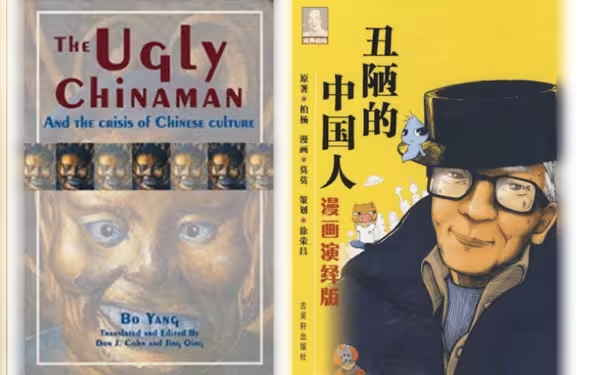Saturday, November 16, 2024 07:43 PM
Ethnic Slurs and Their Impact on National Character
- Rise of ethnic slurs highlights societal prejudice.
- Terms like 'Pajeet' reflect deeper cultural issues.
- Diversity should be celebrated, not diminished.
 Image Credits: asiatimes
Image Credits: asiatimesThe rise of ethnic slurs like 'Pajeet' reflects deeper societal issues and calls for a more inclusive dialogue on race and ethnicity.
In recent times, the rise of ethnic slurs on social media has sparked significant discussions about racism and national character. One such term that has gained traction is "Pajeet," an ethnic slur aimed at individuals of Indian descent. This term has become a part of the online discourse, particularly among users on platforms like Twitter, now known as X. The emergence of such language highlights a troubling trend in how people express prejudice and engage in ethnic flame wars.
Historically, Indians have faced various forms of racism, often depicted in popular culture through characters like Apu from "The Simpsons" or through the lens of post-9/11 anti-Muslim sentiments. However, the recent focus on Hindus through new slurs like "Pajeet" marks a shift in the narrative. It is alarming to see that malicious anti-brown prejudice is becoming more prevalent, especially in a world that is increasingly interconnected.
Interestingly, while some individuals may be taken aback by this new pejorative, it is essential to recognize that the roots of such language often lie in deeper societal issues. The use of ethnic slurs is not merely a reflection of individual prejudice but also a symptom of broader cultural attitudes that dehumanize certain groups. The casual use of terms like "Pajeet" can perpetuate stereotypes and foster an environment of intolerance.
Moreover, the recent online discussions surrounding ethnic identities have led to a resurgence of interest in how different cultures are perceived. For instance, the lines from a popular song that celebrate various ethnicities—"Here’s to the Chinaman, wise and old; Here’s to the Eskimo, brave and cold; Here’s to the Jew in the holy land; Here’s to the Arab in his caravan; Here’s to the African, strong and proud"—serve as a reminder of the rich tapestry of human experience. These lines encourage us to appreciate diversity rather than diminish it through derogatory language.
The rise of terms like "Pajeet" is a call to action for society to reflect on its attitudes towards race and ethnicity. It is crucial to challenge these harmful narratives and promote understanding and respect among different cultures. By fostering a dialogue that emphasizes empathy and awareness, we can work towards a more inclusive society where diversity is celebrated rather than scorned. Ultimately, it is our collective responsibility to ensure that the language we use reflects the values of respect and dignity for all individuals, regardless of their background.













